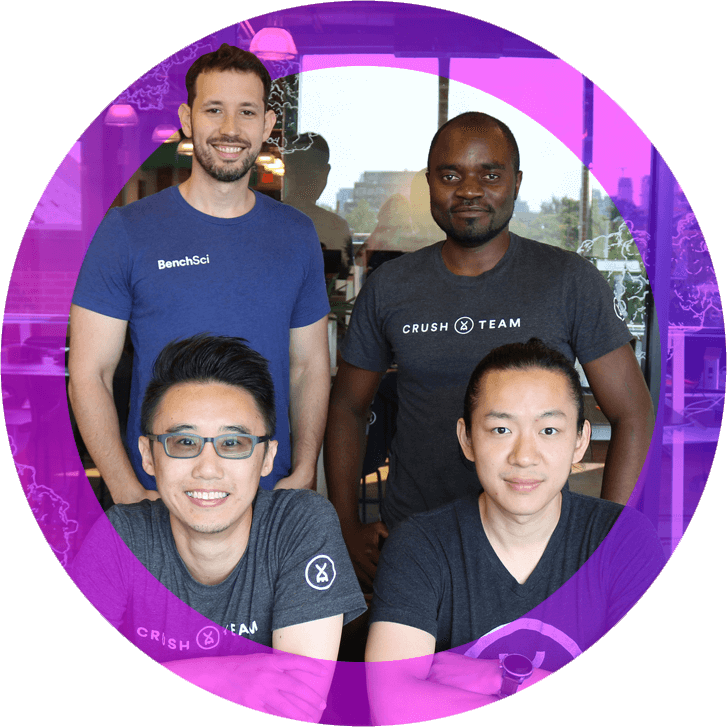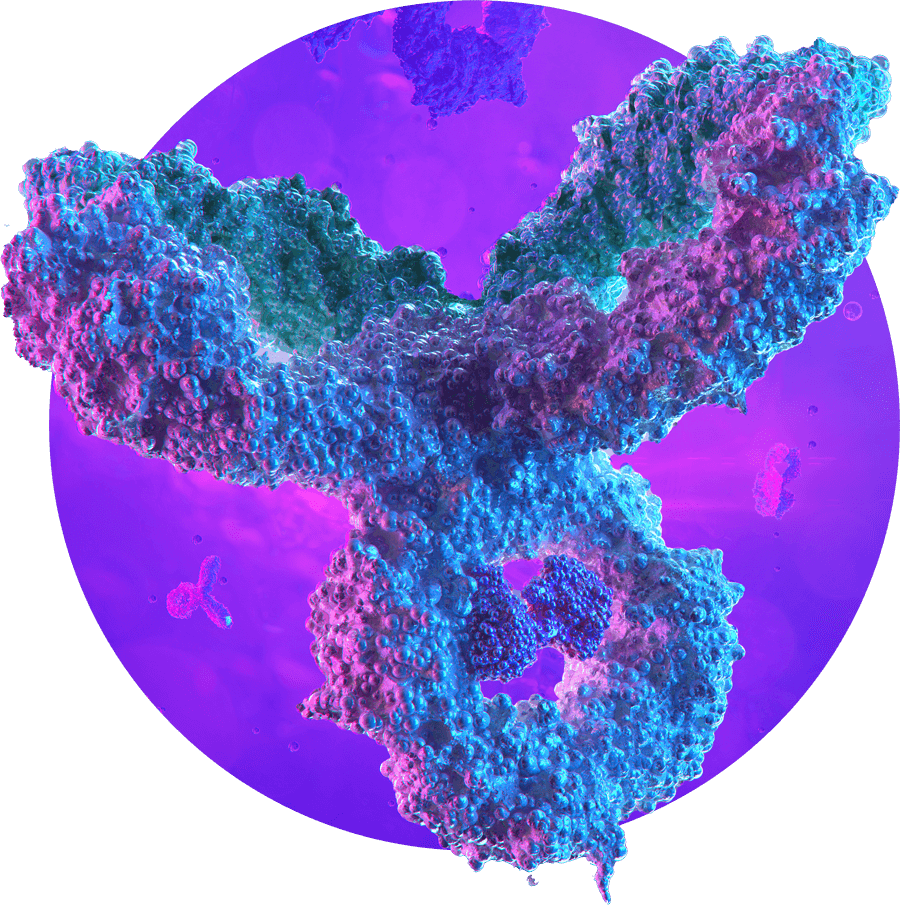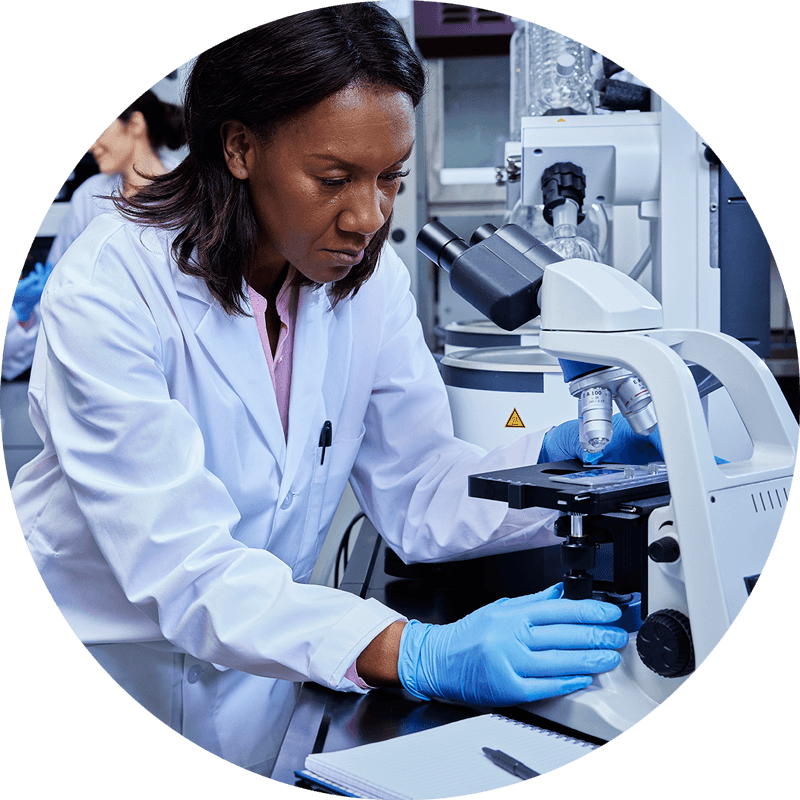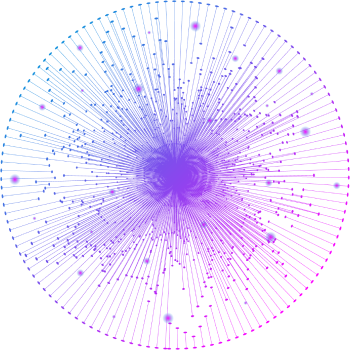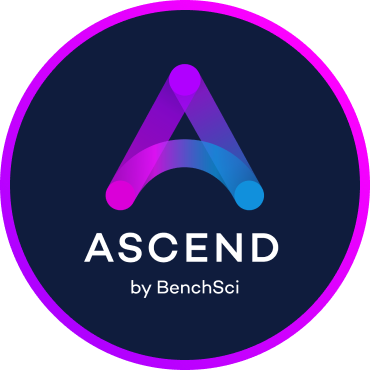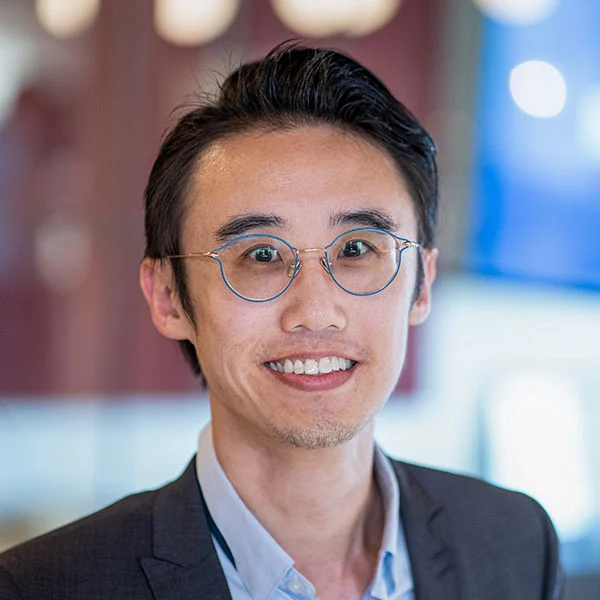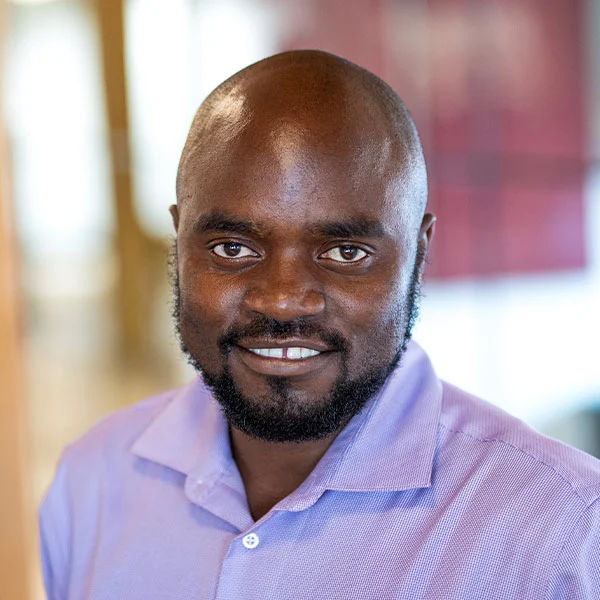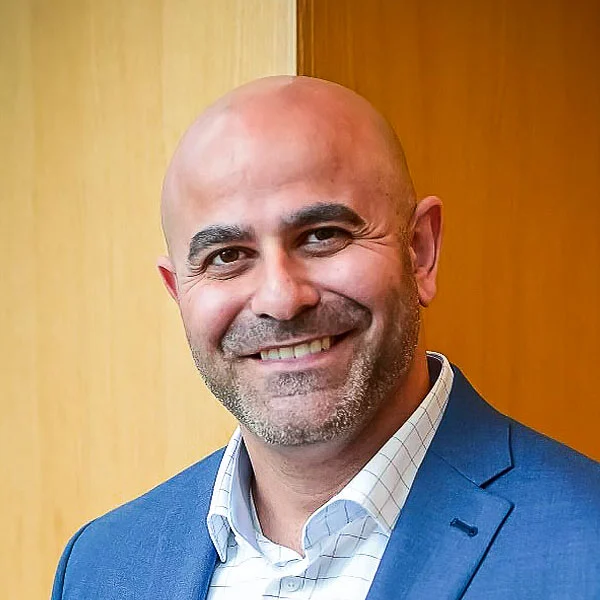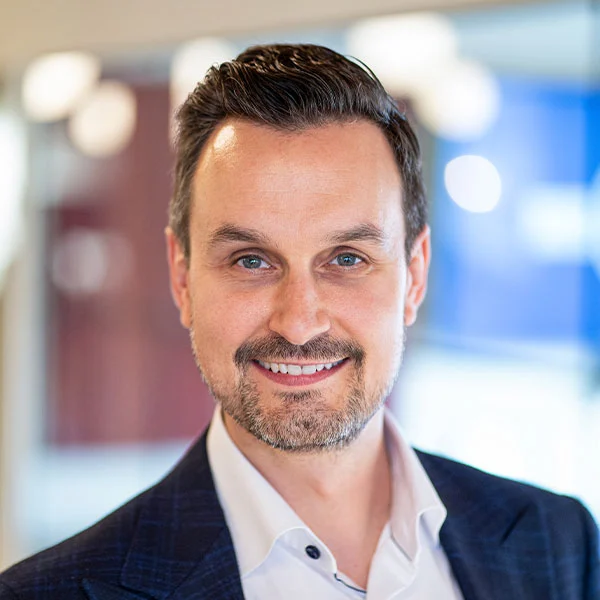Our mission is to unravel the complexity of disease biology for the betterment of patients. We do this by applying neuro-symbolic AI to unravel the black box of disease biology—the number one reason drug discovery projects fail.
BenchSci is building ASCEND, the world’s first neuro-symbolic AI platform that transforms biomedical evidence into predictive discovery. Powered by the Biological Evidence Knowledge Graph (BEKG), ASCEND serves as the co-pilot for preclinical organizations, guiding ideation, experimental design, and hypothesis generation to accelerate breakthroughs and bring effective therapies to patients faster.

